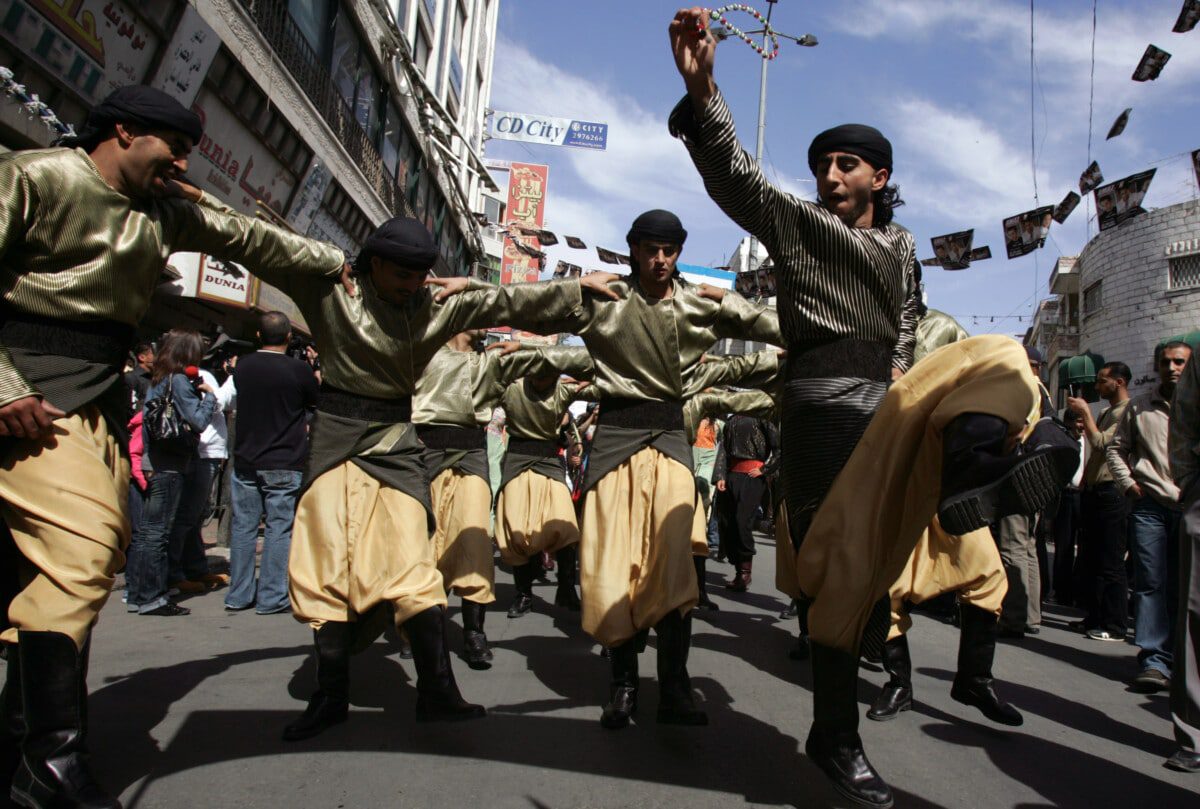
Through the interplay of various factors, Ramallah (Ram Allah, Height of God) has benefited from the decline of Nablus. Just over half a century ago, Ramallah was a provincial city, whose inhabitants were predominantly Christian. The city received its first impetus at the end of the 19th century, when foreign Christian organizations invested in, among other things, education. Many of its graduates subsequently emigrated, especially to North and South America, in the hope of building a better future there. Today, there are more immigrants from Ramallah and their progeny living in the US than in Ramallah. However, for many of these people, the ties with their families in Ramallah have remained intact. Successful emigrants invest in real estate, economic activities and in education for close relatives in Ramallah. The huge influx of refugees in 1948 gave the city a further impetus.
However, the real breakthrough came with the start of the Oslo Process in 1993, when the headquarters of the Palestinian National Authority (PNA) were set up in Ramallah by Yasser Arafat. Setting up in (annexed) East Jerusalem was non-negotiable for Israel, which adheres to the development of Ramallah as an alternative to East Jerusalem – regardless of the outcome of the Oslo Process. The establishment of the PNA and a number of related ministries subsequently drew a large number of Palestinian NGOs to Ramallah. For the better educated from elsewhere, such as Nablus, the city also started to offer career opportunities – it is, after all, the recipient of Western sponsor funds and the stage of important decisions made by Palestinian authorities. As a result, Ramallah’s growth and expansion have been spectacular. Earlier, the city had already merged with the neighbouring city of al-Bireh. The Christian origins, the large influx of Palestinians from elsewhere (today, Muslims make up the large majority) and the relatively large representation of the middle class, are possible explanations for the somewhat more progressive and liberated atmosphere in the city compared to elsewhere.

